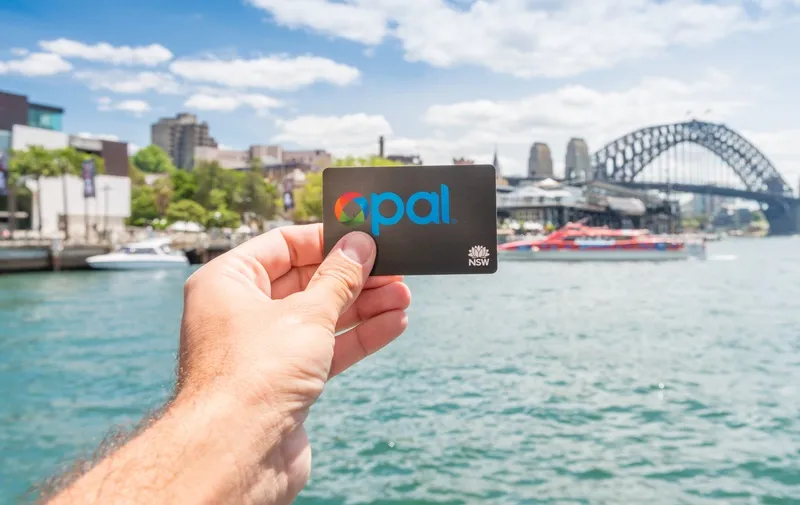
Commuters in Sydney will get reduced fares if they travel off-peak - but face price hikes at peak times as part of changes to the city's Opal system.
The change comes into force from 6 July, with peak fare times extended by three hours in total - 90 minutes at the start and end of the day - from 6.30am-10am and 3pm-7pm on Sydney metro/train, bus and light rail.
Fares outside those times will be cut by 50% for three months, after which there will be a permanent 30% reduction in off-peak bus and light rail services.
New South Wales transport minister Andrew Constance announced the changes.
ABC News reports that "Constance said customers should stagger essential travel on the public transport network to take advantage of the savings".
The Sydney Morning Herald quoted Constance as saying it was part of the response to coronavirus, keeping people off public transit at the most popular times.
"The challenge we've had there is we've had a high concentration of commuters on the shoulder of the peak, so if we're really going to see a step change in terms of ... timing of the day, that's why we're putting it in," he said.
"I think that's fair, we're trying to keep people safe, keep people apart."
Opposition transport spokesman Chris Minns said it was a 'disgrace' to use the pandemic as an excuse to make people pay more to travel, adding that many workers could not change their commuting times.









